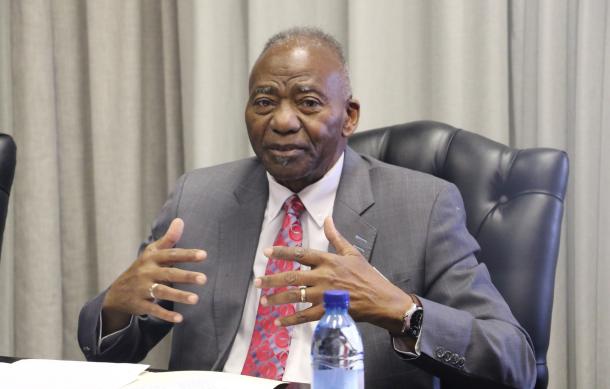
The National Assembly Speaker, Professor Peter Katjavivi, has emphasised that accurate information obtained through the ongoing census exercise will be vital for lawmakers when passing legislation.
Professor Katjavivi pointed out that the data collected will enable parliamentarians to pass laws that reflect the needs and aspirations of the Namibian people.
The Speaker was counted by census workers who came to his home.
A quick Google search of the Namibian population shows varying figures.
The country's population on some international websites shows 2,5 million, and on the World Population Review, which is posted on the United Nations website, the figure is projected to be just slightly above 2,6 million.
The internet also shows several percentages in regards to ethnic groups, with black Namibians making up 87% of the population, while the white population is 6% and 7% classified as mixed race.
The last population and housing census was conducted in the country over a decade ago, and a lot of things, like inflation and the cost of living, including laws, have changed in the past decade.
Professor Katjavivi says that it is imperative that lawmakers use accurate numbers, as this will aid lawmakers in being informed of facts when passing laws.
"I implore all Namibians to take on this responsibility by actively taking part and ensuring that this important national exercise is implemented properly and without hindrance, because it serves the interests of the country. Please ensure that you are counted; it is the duty of all Namibians."
The speaker highlighted that it is entirely the responsibility of citizens to ensure that accurate information is captured by census officials.
He also had a message for naysayers who question the exercise, asking them to let go of any fear or doubt they may have concerning the census.
"There are doubts among the masses who are saying, What is the point? Why must I be counted? What is the need? Well, there is a need; this is not the time."
Statistician General, Alex Shimuafeni also shared with the speaker some of theexperiences hesfaceds on the ground.
"Some people are saying they do not want to be counted because they feel they have a lot of needs that the government still needs to look at. What I am saying is that if you have challenges, we need to know the magnitude of the challenges."





